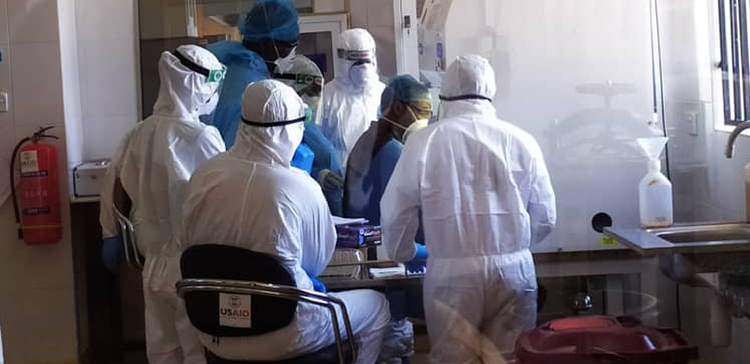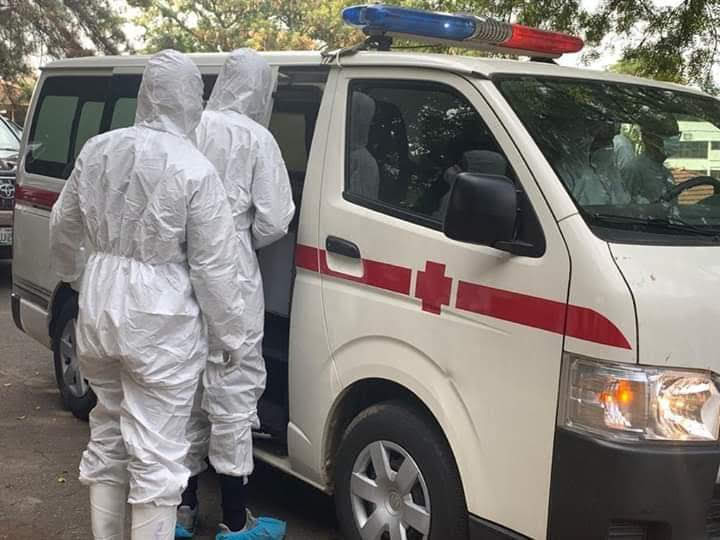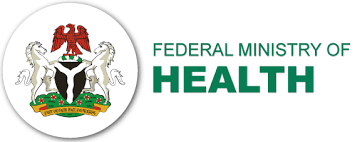Editorial
COVID-19: Governments guilty of ‘social murder’

By Kamram Abbasi
Most of the global total of more than two million Covid-19 deaths have been in developed nations.

Politicians around the world must be held accountable for the “social murder” inflicted on populations by their mishandling of the pandemic, the executive editor of the BMJ medical journal said Thursday.
With more than two million deaths from Covid-19 so far — the majority in richer, developed nations in Europe and the Americas — Kamran Abbasi argued that world leaders had ensured needless death and suffering through a string of policy missteps.
“Politicians must be held to account by legal and electoral means, indeed by any national and international constitutional means necessary,” the British Medical Journal’s top editor said.
“State failures that led us to 2 million deaths are ‘actions’ and ‘inactions’ that should shame us all.”
He added: “At the very least, Covid-19 might be classified as ‘social murder’.”
The term social murder was coined by 19th-century Marxist philosopher Friedrich Engels to describe the systemic killing of workers through neglect by the ruling class.
Abbasi said that governments had repeatedly ignored warnings by their own scientific advisers to implement more stringent and accelerated social distancing measures, resulting in lockdowns coming too late to prevent avoidable deaths.
He blamed politicians and the media for seeking excuses to paint the outsized death tolls in countries such as the United States, Britain and Brazil as a product of bad luck rather than bad governance.
Abbasi pointed to countries such as New Zealand and Taiwan — both of which have pursued a “zero-Covid” policy of eradicating rather than managing the virus — as a benchmark against which others should be measured.
“If not murder or a crime against humanity, are we seeing involuntary manslaughter, misconduct in public office, or criminal negligence?” he asked.
Abassi suggested several ways in which aggrieved populations could hold their leaders to account, including through public enquiries, political lobbying, and, ultimately, by voting to choose better governments.
In a linked editorial, Clare Wenham of the London School of Economics said the Covid-19 pandemic had laid bare pre-existing shortcomings in the global health system.
Reacting to the latest report from the Independent Panel for Pandemic Preparedness and Response, she said that while collaboration among states was needed to fix the problems, blame for failures needed to be more specific.
“We need a targeted review that names and shames governments, rather than obscuring them with generalisations,” Wenham said.
“I look forward to bolder reports from the independent panel that consider not only the economic and social effect of the pandemic but the failure of Western governments too.”
AFP
























